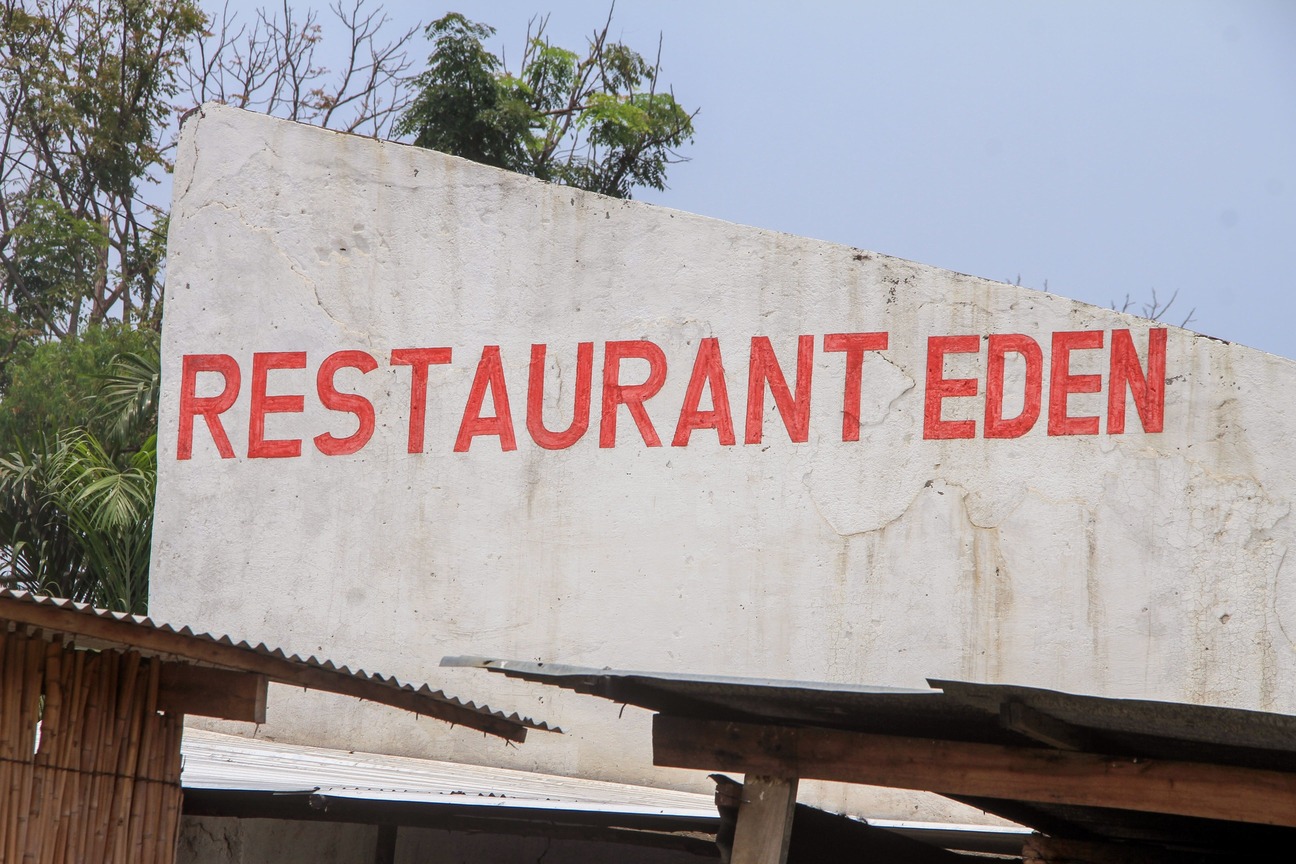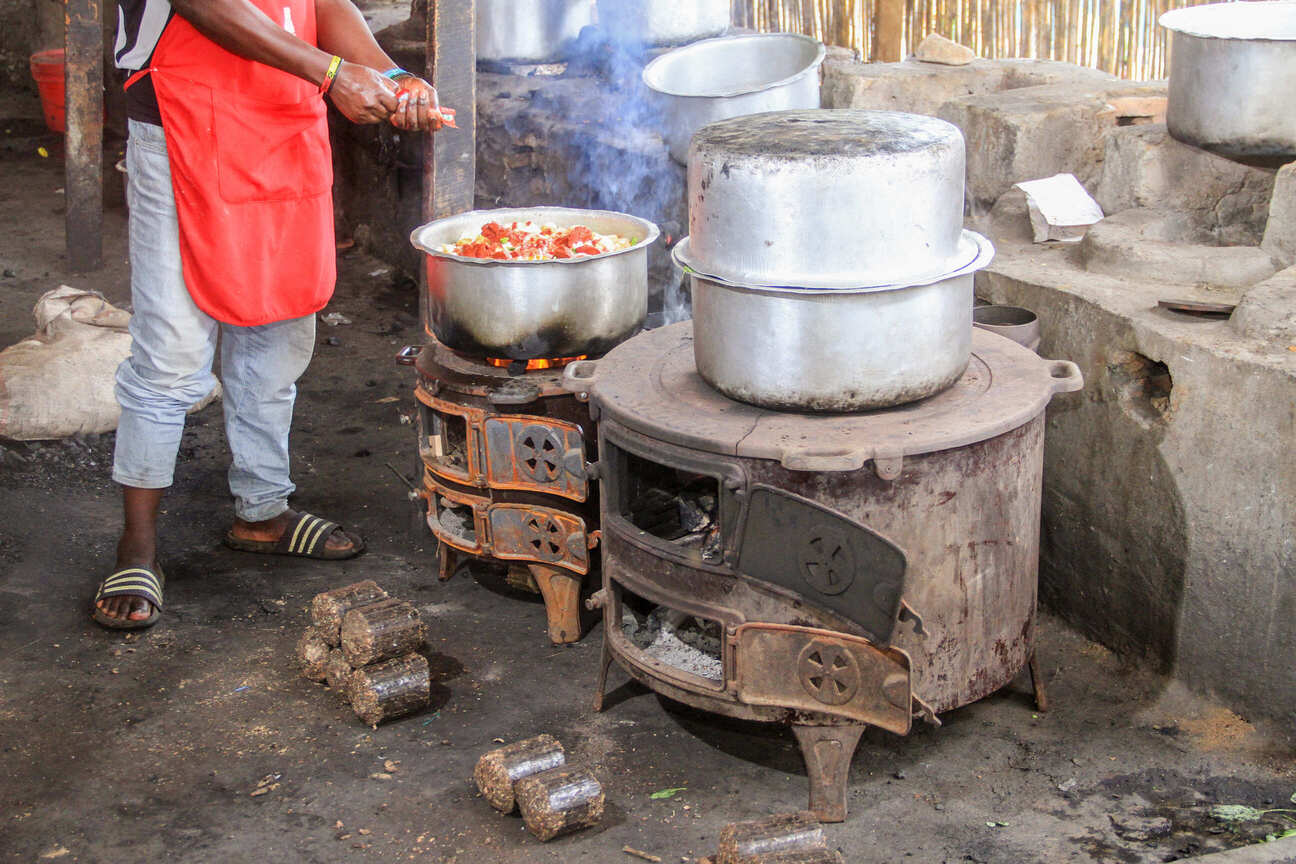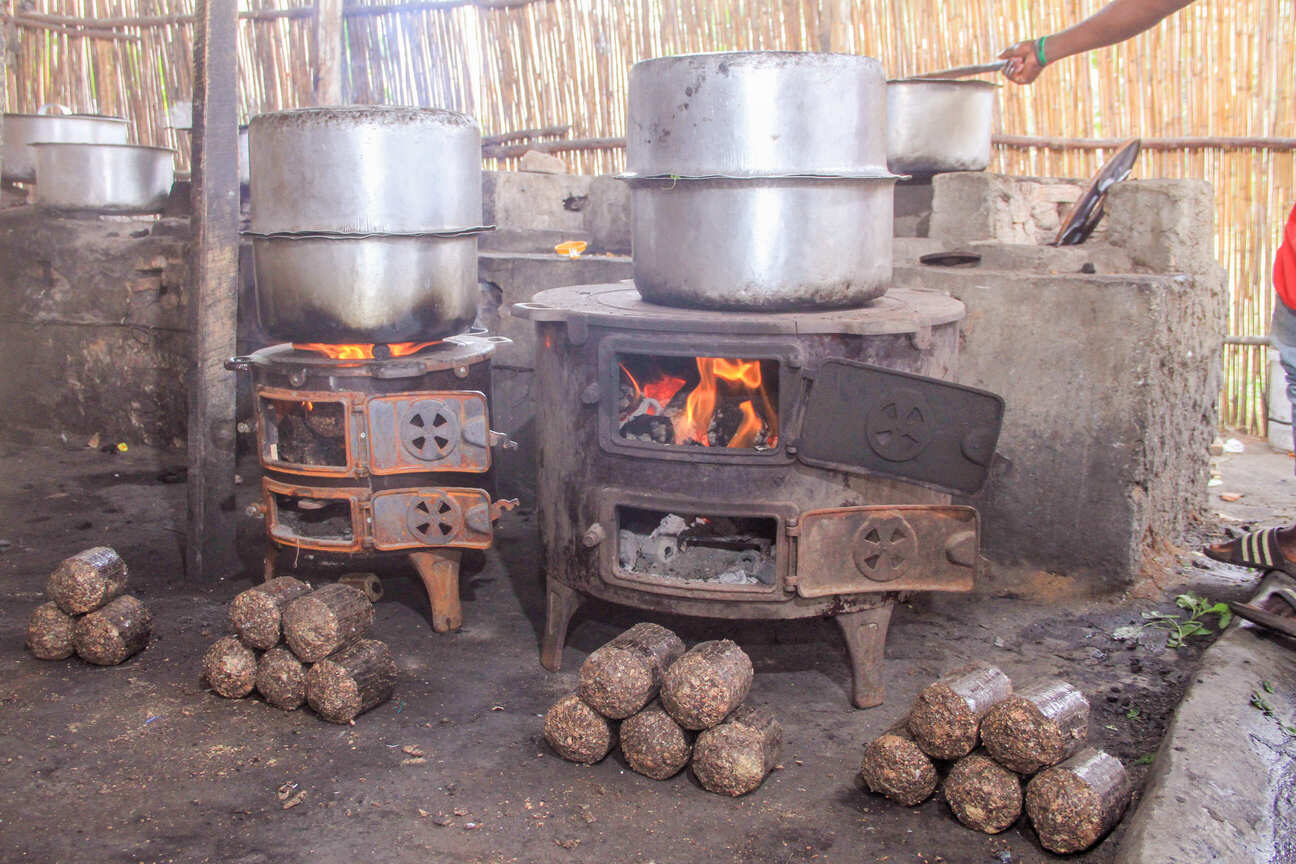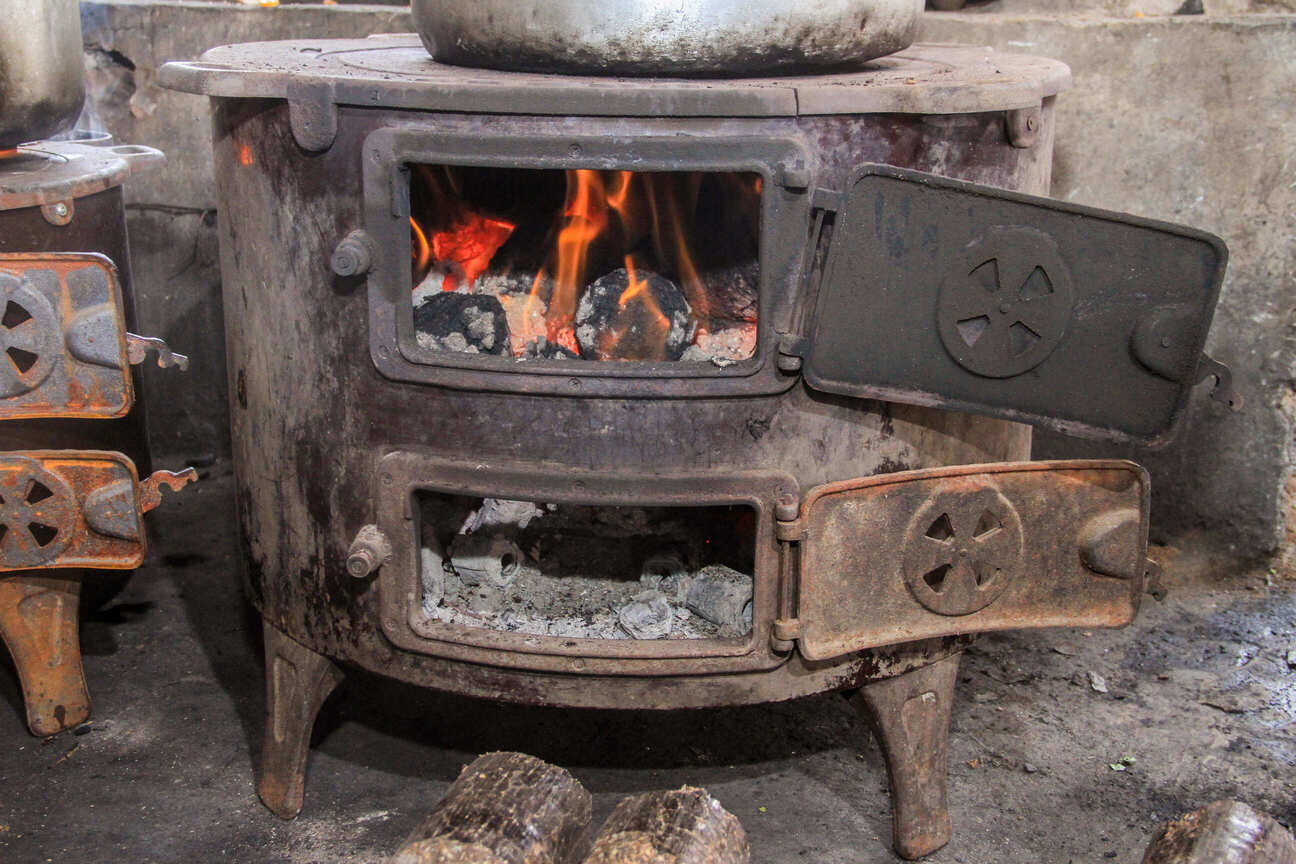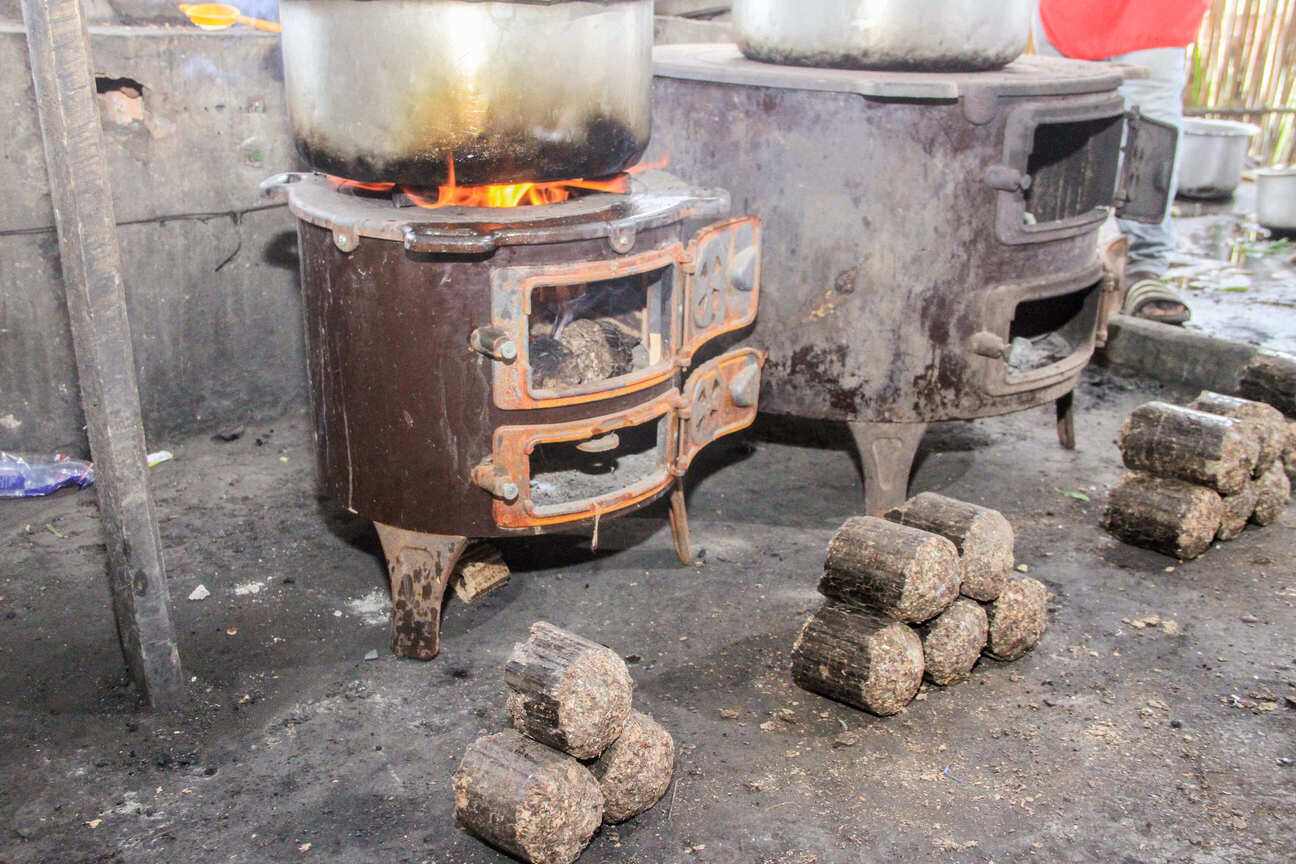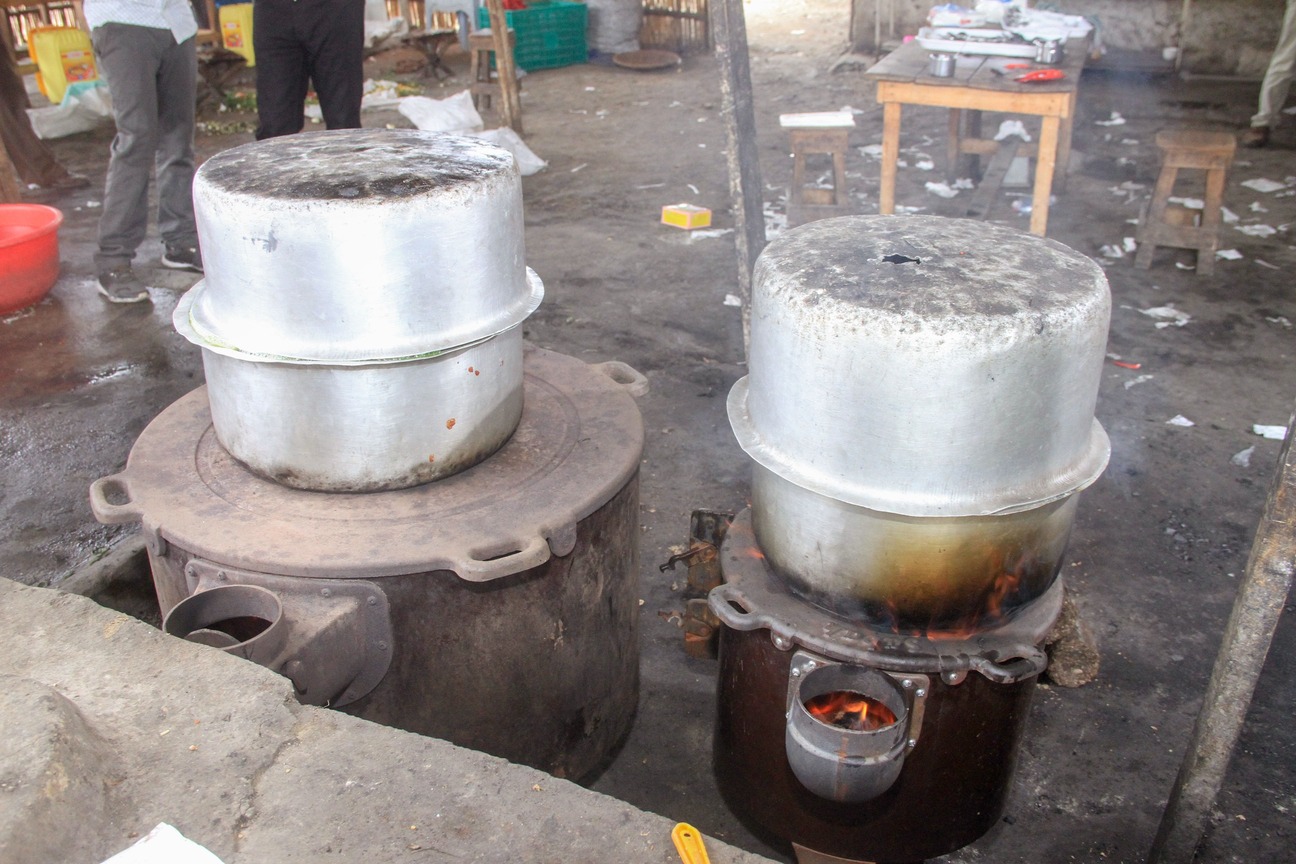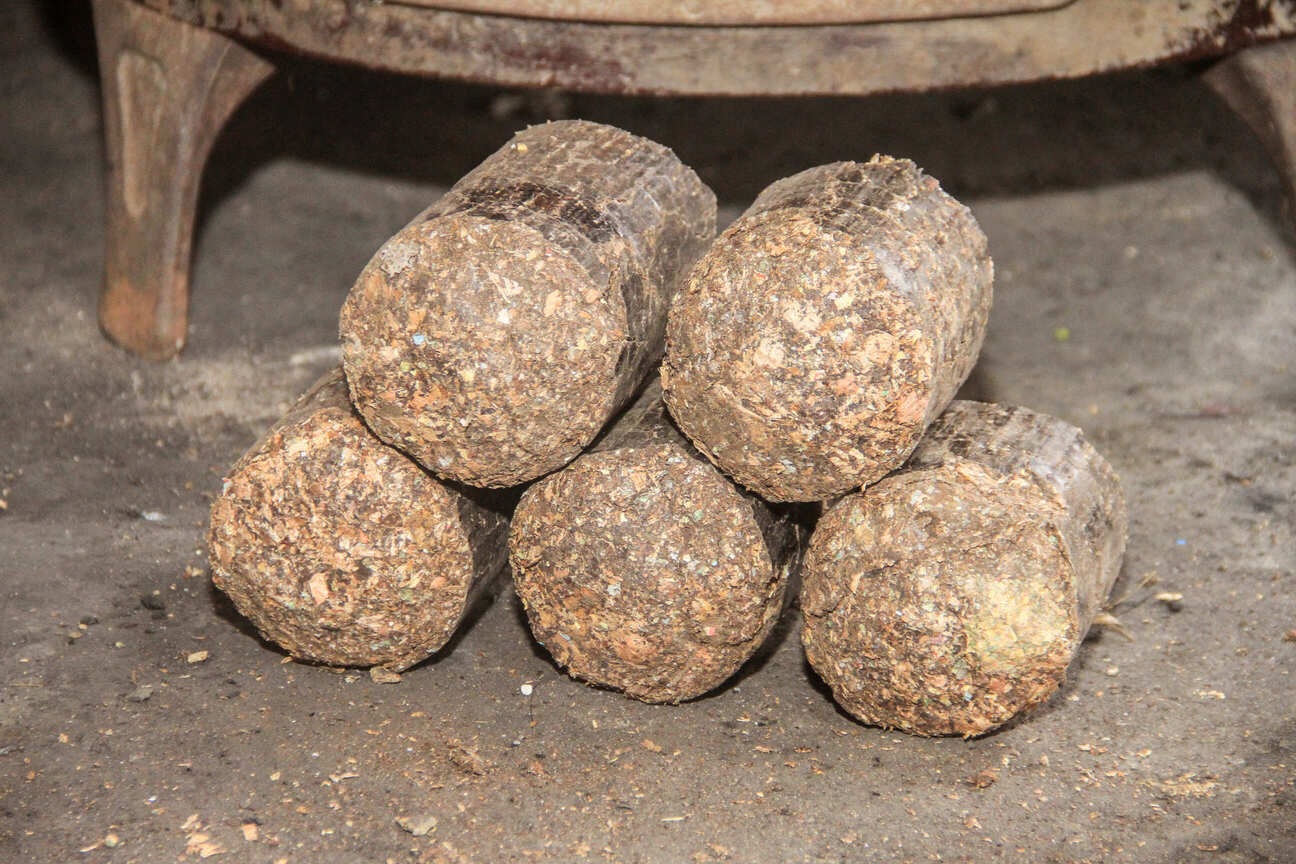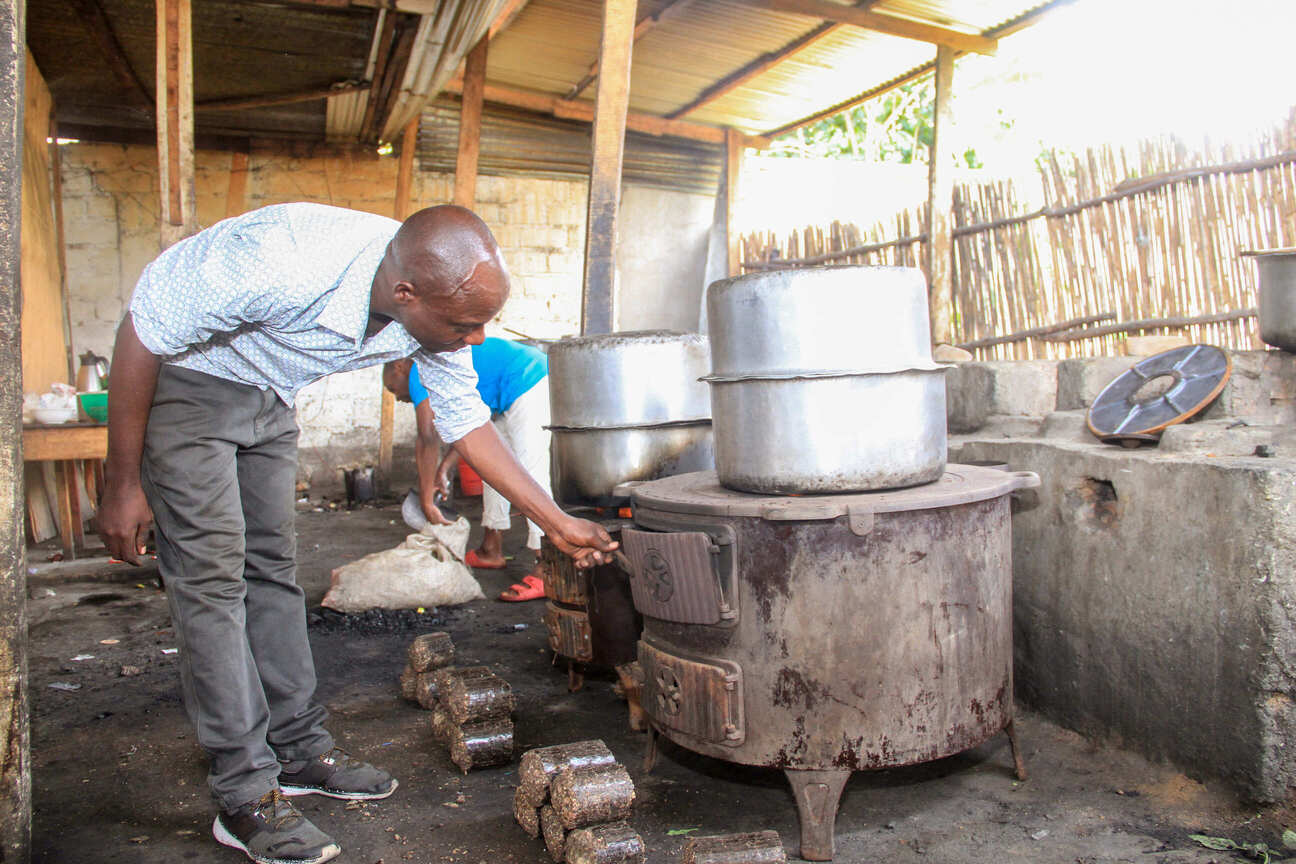Description
Project Name: Restaurants Burundi
Project Owner: POWA
Standard: Verra VCS
Project ID: 2540
In Burundi, where more than 40% of forest cover vanished between 1990 and 2010, a bold initiative is transforming how restaurants cook while preserving the nation’s natural heritage. This project equips restaurants with locally manufactured, high-efficiency cookstoves and switches their fuel from non-renewable logged trees to sustainable biomass briquettes made from renewable resources. By tapping into Burundi’s abundant 1.3 million tonnes of unused renewable biomass annually, this program is curbing deforestation, and fighting climate change.
Traditional restaurant in Burundi relies on wasteful 3-stone open fires or outdated stoves with a mere 10-15% efficiency, producing harmful smoke that endangers health. With superior efficiency and minimal smoke, they create safer, healthier work environments, particularly for women who have praised the improved conditions.
Restaurant owners are thrilled with this innovative solution, and for good reason. The switch to biomass briquettes simplifies fuel supply and stabilizes costs, unlike the ever-rising price of charcoal driven by speculation. Remarkably, what once fueled a restaurant for two days with old stoves now lasts a full week with briquettes. These drastic savings eliminate the need for high-interest loans, granting owners newfound financial autonomy to grow their businesses and invest in their futures.
The stoves are produced locally in Bujumbura (capital city) by POWA, a private company founded by the creators of OBEN. Its production facility, sprawled across a 6-hectare site in Bujumbura, operates three dedicated stove-making lines. To ensure smooth distribution, the company maintains a fleet of 14 vehicles for supply chain operations and delivery logistics, supporting the project’s reach across the region.


